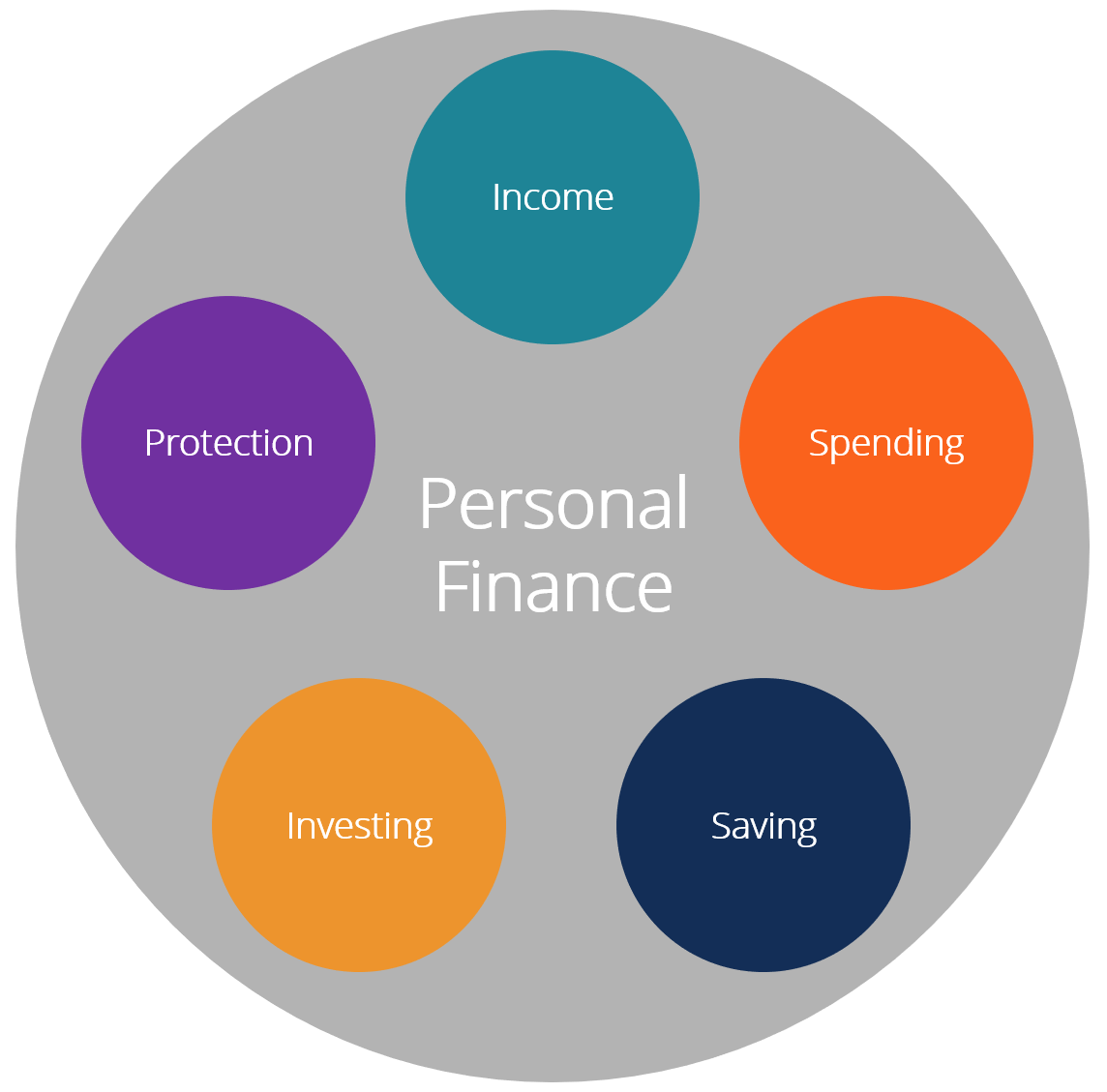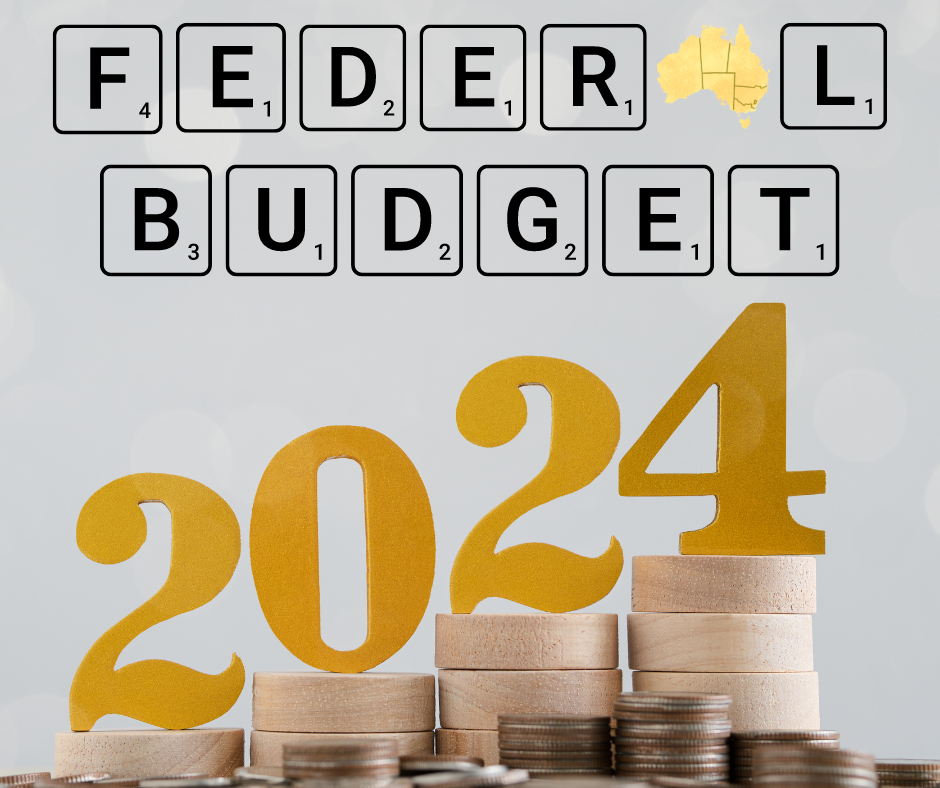7 ways to get more from your personal finances

There’s plenty of advice available to help you manage your business finances. But what about the tips and hacks you need to get fully in control of your personal finances?
We’ve outlined seven essential tips for managing your personal finances and making the best of your investments and savings.
1. Create a budget and stick to it
Having a budget helps you keep track of your income, expenses and debts. It also ensures that you’re spending money in the right places. A sensible budget keeps your expenditure in check, but also gives you the cash you need for your day-to-day needs and purchases.
When creating a budget, think about all your regular outgoings and the major purchases you’ll need to make over the coming months. Be realistic about your expenses and make adjustments as needed. Remember to allocate money for savings and investments, too.
2. Pay off any debts and liabilities
Other than for major investments such as buying property, borrowing money should always be a short-term solution. High-interest debt, such as credit card debt, can eat away at your savings and hold you back from achieving your financial goals.
It’s a good idea to make paying off your debt a priority. Review your credit card debts, personal loans and overdrafts and focus on paying off the debt with the highest interest rate first. Consolidating all your legacy debts into one easily manageable debt can also make sense – lenders can help you consolidate these debts and bring down your overall repayment costs.
3. Save regularly and look for the best interest rates
We all know it’s good to have a ‘nest egg’ behind you for those times when cash gets tight. Building an emergency savings fund gives you a more solid financial foundation and protects you against unexpected expenses and unplanned purchases.
Whether it’s a sudden expensive car repair, or losing your job and salaried income, with savings in the bank you always have liquid cash available. Aim to save at least three to six months' worth of living expenses and make sure you shop around for the savings accounts with the best interest rates. It’s also sensible to set up a standing order from your main bank account, so you automatically pay a set amount into your savings account each month.
4. Invest in your future to build solid foundations
It’s all very well to have money in the bank today – but what about further down the road? Make sure you’re making provision for the major life events such as marriage, starting a family, buying a house and (eventually) retiring and stepping back from employment.
Investing in stocks, bonds or a pension plan can help you grow your wealth over time. Consider working with an independent financial advisor to achieve your investment goals and help you create a diversified investment portfolio that aligns with your goals. They’ll also help you achieve the best risk tolerance with your investments.
5. Keep an eye on your personal credit score
Your credit score is an important factor in determining your financial health. A personal credit score measures your risk to a potential lender – the lower your risk, the more likely it is that a provider will lend you money, safe in the knowledge that you’ll make the repayments.
Many of the big credit agencies now offer personal credit reports. Make sure to check your credit report regularly to ensure that the information is accurate and to gauge the impact this score is having on your ability to borrow money. Simple steps, such as paying your bills on time and reducing credit card balances, can help to improve your credit score.
6. Stay informed about taxes and reliefs
Taxes are a necessary part of paying our way in society, but tax costs can also have a significant impact on your personal finances. It’s important to stay informed about changes to tax laws, especially those around income tax and capital gains tax, and to understand how they affect you. We don't have an inheritance tax in Australia, however there is a need to consider future tax ramifications for your beneficiaries so having a properly-considered and professionally drafted will is essential.
It’s worth working with a tax professional who can review your tax situation and suggest all the available tax reliefs and incentives that may be open to you.
7. Review your finances regularly
Keeping a close eye on your finances is the best way to keep things in check. Most banks now offer apps that make it much easier to review your income and expenditure, and to see exactly where you’re spending your money. With so much financial information available, there’s no excuse for letting your money management get into a mess
Regularly reviewing your finances helps you stay on track and make adjustments as needed. You can even use one of the many personal finance software platforms to help you stay organised in the cloud and make well-informed financial decisions.
Talk to us about getting your personal finances in order
Managing your personal finances, investments and savings well requires discipline, knowledge, and a good understanding of your end goals. By following these seven top tips, you put yourself in the financial driving seat and set the foundations for a solid financial future.
Where you need a helping hand, we're available to introduce you to the best independent financial advisors and to work with them to help plan to manage your taxes.


